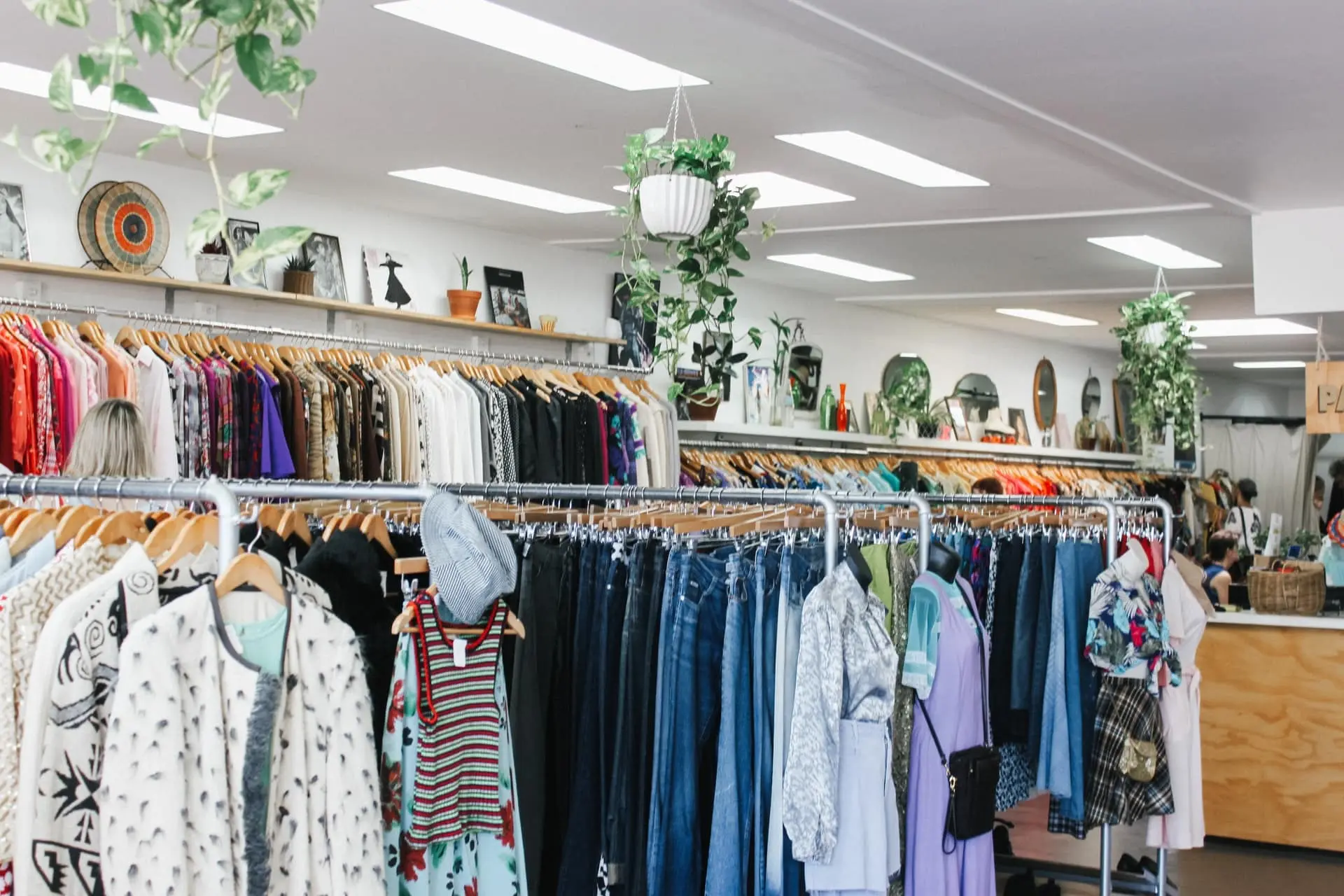
Sustainable clothing refers to garments that are produced with consideration for environmental and social impacts throughout their lifecycle. In today’s world, where climate change and environmental degradation are pressing concerns, the concept of sustainable fashion has gained significant traction. It encompasses various practices aimed at minimizing harm to the planet and promoting ethical treatment of workers in the fashion industry.
Understanding Sustainable Clothing
Sustainable clothing involves a holistic approach that considers factors such as the sourcing of materials, production processes, and end-of-life disposal. Materials like organic cotton, hemp, and recycled fibers are commonly used in sustainable fashion due to their lower environmental footprint compared to conventional textiles. Additionally, sustainable clothing brands prioritize fair labor practices and transparency in their supply chains.
Environmental Impact of Conventional Fashion
The fashion industry is notorious for its significant environmental footprint. Textile production contributes to water pollution, soil degradation, and deforestation, while the use of synthetic fibers releases harmful microplastics into the environment. Moreover, the fast fashion model encourages overconsumption and rapid disposal of clothing, exacerbating waste and landfill problems.
The Need for Change
The negative consequences of conventional fashion have led to growing awareness among consumers and industry stakeholders. The rise of fast fashion has come under scrutiny for its exploitation of labor and environmental resources. As a result, there is a pressing need for a shift towards more sustainable practices in the fashion industry to mitigate these impacts.
Principles of Sustainable Fashion
Sustainable fashion is guided by several key principles aimed at minimizing harm and promoting ethical practices. Ethical sourcing of materials involves selecting suppliers who prioritize environmental stewardship and fair labor practices. Eco-friendly production processes focus on reducing energy and water consumption, as well as minimizing waste through innovative design and manufacturing techniques.
Innovations in Sustainable Fashion
The emergence of sustainable fashion has spurred innovation in materials and production methods. Brands are increasingly turning to organic and recycled materials as alternatives to traditional textiles. Additionally, advancements in dyeing and printing technologies allow for the use of non-toxic and water-efficient processes, reducing the environmental impact of garment production.
Brands Leading the Way
Several fashion brands have embraced sustainability as a core value and are leading the way in the industry. Companies like Patagonia, EILEEN FISHER, and Stella McCartney are known for their commitment to environmental and social responsibility. They implement sustainable practices across their supply chains and advocate for transparency and accountability in the fashion industry.
Making Sustainable Choices as Consumers
As consumers, there are steps we can take to support sustainable fashion. Shopping mindfully involves considering the environmental and social impacts of our purchases and opting for brands that prioritize sustainability. Additionally, extending the lifespan of clothing through proper care and maintenance helps reduce waste and promote a more circular economy.
The Future of Sustainable Clothing
The future of sustainable clothing looks promising as more brands and consumers embrace eco-friendly practices. Industry initiatives such as the Sustainable Apparel Coalition and Fashion Revolution are driving positive change and raising awareness about the need for sustainability in fashion. However, challenges such as scalability and cost remain, highlighting the importance of continued innovation and collaboration within the industry.
Conclusion:
Sustainable clothing represents a crucial step towards building a greener and more equitable future. By adopting principles of sustainability and supporting brands that prioritize ethical and eco-friendly practices, we can contribute to positive change in the fashion industry. Together, we can shape a more sustainable and responsible fashion ecosystem for generations to come.

